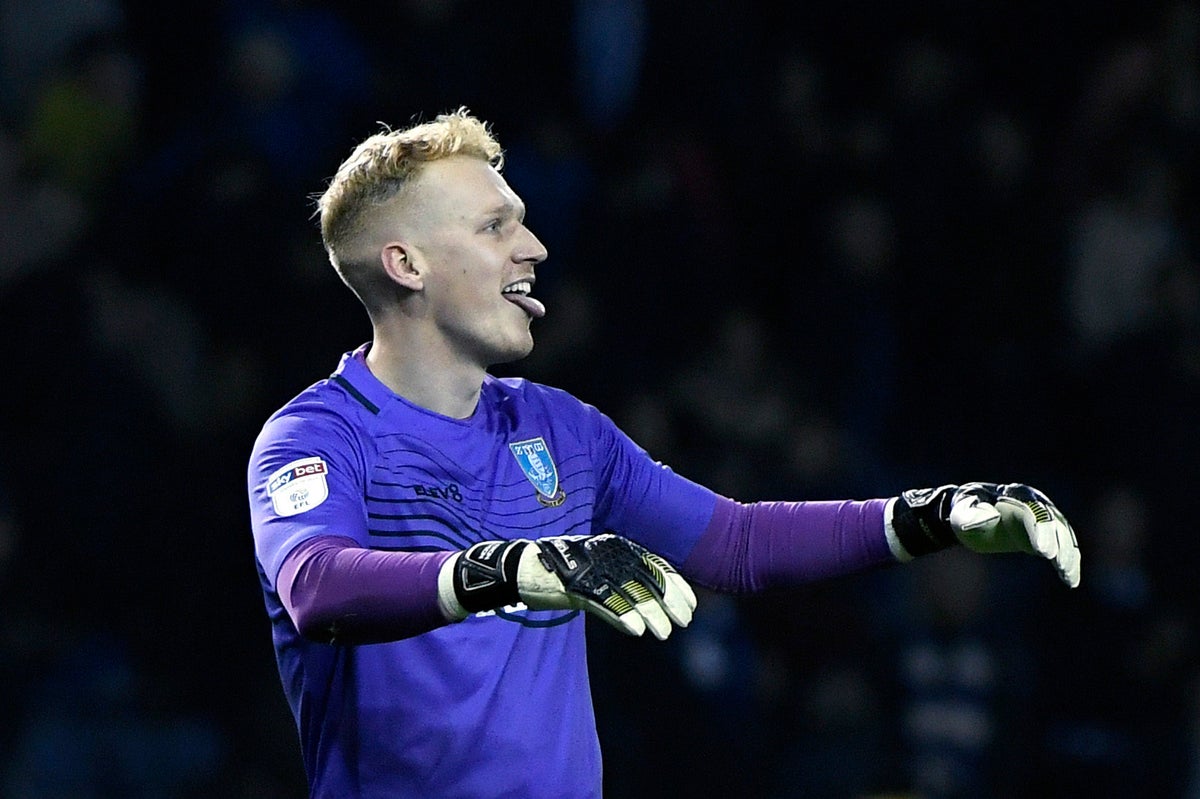The Manchester Derby, a fixture once synonymous with an unyielding clash of titans, now finds itself at a curious crossroads. While the fervor remains undimmed, an undeniable undercurrent of strategic introspection has swept through both Manchester City and Manchester United. This season, the grand narrative isn`t just about who scores more; it`s about who stands firm, and crucially, how they were chosen to do so.
Gone are the days when Ederson, the Brazilian maestro with the ball at his feet, and Andre Onana, the much-debated Cameroonian, commanded the penalty areas. Their departures to Turkey`s Super Lig – a destination that increasingly offers both riches and a perceived escape from the intense Premier League glare – have ushered in a new era for both clubs. Yet, beneath the surface of these high-profile exits lies a fascinating, almost paradoxical, re-evaluation of the goalkeeping craft.
United`s Calculated Gamble: The Shot-Stopping Saviour?
For Manchester United, the decision to part ways with Onana, despite his initial promise of revolutionary ball-playing capabilities, was a pragmatic acknowledgment of a fundamental truth: a goalkeeper`s primary job is to prevent goals. Onana`s tenure, marred by high-profile errors and a perceived lack of “rhino skin” required for the Theatre of Dreams, left the club seeking a more reliable presence between the sticks. Enter Senne Lammens, a name that might not spark fear in opposition strikers, but one that excites the data analysts.
Lammens arrives from the Belgian Pro League with impressive metrics, notably preventing 14.5 more goals than post-shot expected goal (PSxG) values suggested last season. In a market often obsessed with a goalkeeper`s distribution range and ability to act as a deep-lying playmaker, United`s focus on a pure shot-stopper feels refreshingly anachronistic. It`s almost ironic: after years of seemingly scattershot recruitment, have the Red Devils stumbled upon a genuine market inefficiency, prioritizing the foundational skill of a keeper above all else?
Manager Ruben Amorim, however, appears to be adopting a cautious approach. Acknowledging the immense pressure of the Premier League and the unforgiving spotlight of the derby, he has indicated that Altay Bayindir will continue as the starter, buying Lammens crucial time to adapt. This patient strategy, a stark contrast to the immediate and intense scrutiny Onana faced, suggests a valuable lesson learned from past mistakes. The long game, it seems, is now the preferred play.
City`s Uncharacteristic Pivot: Guardiola`s Defensive Revelation?
Across town, Manchester City`s goalkeeping saga presents an even more intriguing twist. Pep Guardiola, the tactical alchemist who famously ushered in the era of the `sweeper-keeper` with Claudio Bravo and then perfected it with Ederson, has made a surprising pivot. Ederson`s departure, attributed to increasing injury concerns and a desire for new challenges after winning everything in England, opened the door not for another ball-playing prodigy, but for Gianluigi Donnarumma.
Donnarumma, a player synonymous with imposing physicality and formidable shot-stopping, represents a distinct departure from Guardiola`s established philosophy. Where Ederson was lauded for his distribution, often playing passes over 40 meters with pinpoint accuracy, Donnarumma is acquired for his “big presence,” “safe balls,” and undeniable shot-stopping prowess. Guardiola himself has been explicit: “We didn`t take Gigi to do what Ederson has done; Gigi has another quality.”
Why this shift? The data offers a compelling clue. In the seasons leading up to this one, City experienced an undeniable, if subtle, increase in vulnerability to counter-attacks. Despite their relentless possession, the champions conceded eight goals from fast breaks in one season, more than the previous three combined. While raw numbers dipped recently, expected goals (xG) from opposition breaks remained concerningly high. It appears even Guardiola, in his relentless pursuit of perfection, acknowledges that even the best possession-based teams need a formidable last line of defense against the increasingly potent counter-punch.
The acquisition of Donnarumma, therefore, isn`t a retreat from innovation but a pragmatic adaptation. It suggests a tactical evolution, a subtle admission that perhaps the pursuit of fluid build-up had, at times, inadvertently created chinks in the armor. With Donnarumma, City gains a goalkeeper designed to nullify these threats, a towering figure whose primary role is to keep the ball out of the net, even if it means sacrificing some of the intricate build-up play that defined Ederson`s tenure.
A Derby of Defensive Declarations
As the Manchester Derby looms, it`s more than just a battle for local bragging rights. It`s a fascinating, early-season referendum on these bold goalkeeping strategies. For United, it`s a test of whether raw shot-stopping ability, nurtured away from the Premier League glare, can indeed be the bedrock of a resurgent challenge. For City, it`s about whether Guardiola`s uncharacteristic, yet calculated, shift towards a more traditional, imposing goalkeeper can fortify their defense against the relentless attacks of rivals. Both clubs, in their own unique ways, are making profound defensive declarations. The question is: whose gamble will pay off, and will it redefine the modern goalkeeper`s role in the unforgiving theater of the Premier League?

